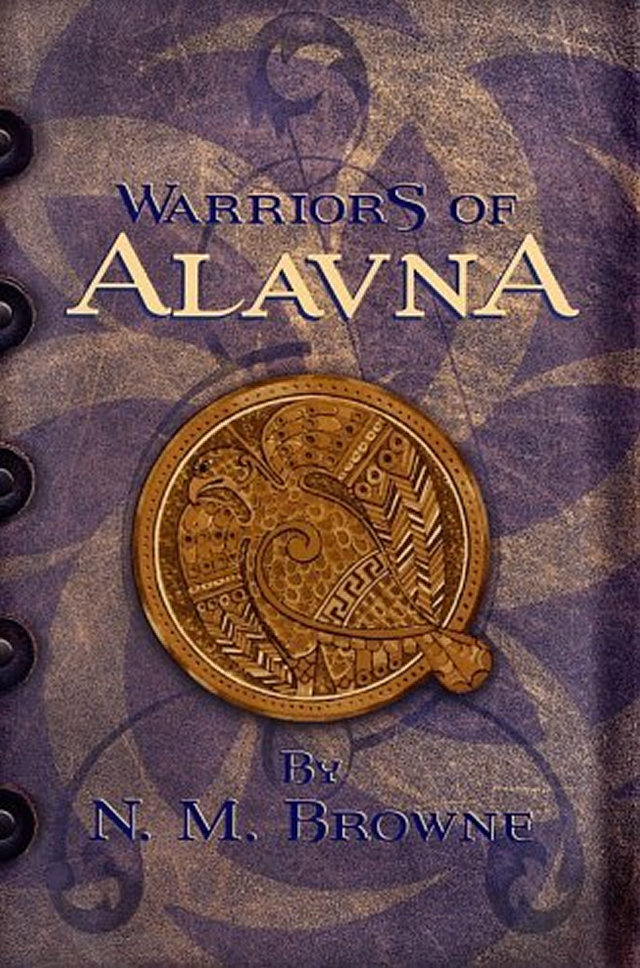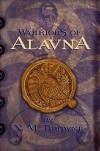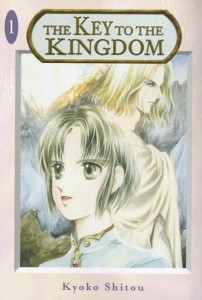 In addition to reading The Key to the Kingdom for Triple Take, I just started watching a bunch of anime. I’ve gone through about half of “Princess Jellyfish”, which is fun, by the way. I also have a lengthy Zorro series. Because, Zorro! Anime! Also Stardriver, which I haven’t started to watch yet.
In addition to reading The Key to the Kingdom for Triple Take, I just started watching a bunch of anime. I’ve gone through about half of “Princess Jellyfish”, which is fun, by the way. I also have a lengthy Zorro series. Because, Zorro! Anime! Also Stardriver, which I haven’t started to watch yet.
It occurred to me while reading and watching that Japanese anime and manga won’t be the same again. What’s happened there and is still going on is one of those culture-changing events. I’m sure the anime and manga will still be brilliant, but it’ll be different. Different how, I don’t know. The perspective of time is the only thing that’ll tell us that.
If you want to donate, you know where to do it. But also just take a little time this week to realize/remember how awesome Japan and Japanese creators are.
The Key to the Kingdom is interesting in that it’s a more traditional Western fantasy story. King dies, throne is up for grabs. So the young prince and a bunch of other contenders for the throne go on separate quests to try to find the ‘key to the kingdom’. And, of course, there’s dragons!
Landor is in the middle of a war, which some would term a civil war, to try to unite the neighboring lands that were once part of it. So when the king dies, they rather have to put up a strong front, or their enemies will take advantage. So when the young prince (the older prince and heir also died) says, no way, I don’t want it, they’re all kind of stuck. Not that they really wanted a 13 year old who can’t hold a sword to be king, but you sort of need someone, don’t you? So the council or whatever decides to make it a 2-year quest. Whoever finds the magical, rumored key to the kingdom — as long as they’re of royal blood, of course! — will get to be king. Or queen. And if the two years expires with no one finding it, then the prince will take over. Presumably older and wiser.
This bit I had trouble with. Are those neighboring countries just going to sit back while half the nobility is off gallavanting around? Or wouldn’t they take advantage of the lack of ruler for TWO YEARS and invade and cause general havoc? But no one seems concerned about this.
So Prince Asta sets off with swordsman Baddass and he’s off to go to a place his older brother, the heir apparent, told him to go to. Rather than specifically seeking out the key. Though he stops in at a library and whatnot on the way. And childhood friend and girl is also off having her own adventures and trying to become queen.
And then there’s dragon men. Or dragon tamers. Or dragon speakers. Or actual dragons. It’s all a little confusing. And probably meant to be. These guys are plotting, but are they plotting to help someone find the key? Or to bring down the entire kingdom? Or are both those things the same thing?
I like most of the characters. I also liked that Prince Asta, though people call him a spoiled little prince, is only kind of that. He doesn’t whine his way about the countryside. He’s not naive and ignorant. He just isn’t much for holding a sword and going into battles. And he is only 13!
The end of volume 4 seems to bring us to the point of the climax. I haven’t yet read the final volumes. Hopefully it will all come together satisfactorily.
The artwork is shoujo and pretty. Since it’s a fantasy world, the mangaka can really play with clothing and jewelry and hair and all of that. I wish there were more color pictures.
I have 2 quibbles with the translation. One, it seems the translator was going for the sort of pseudo-British, pseudo-medieval, fantasy-ish kind of language. And I found it distracting, especially at first. I think less would’ve been more in this case. Just a flavor of the language is fine. (Then again, maybe the heavyhandedness of it was present in the original and thus it’s a truer translation.)
I also noticed some copyeditting problems. You know: it’s instead of its. All ready instead of already. Noticed that more in the first two volumes.
One word to CMX: Your promos for other manga in the back? Not doing it for me. I don’t really care if SoandSo is going to hook up with SoandSo in Volume 6 of Manga Y, if I don’t even know what Manga Y is about! I think it would be more effective if you gave a summary of the manga in general, not the specific volume.
I would like to see this as an anime. I think the dragon men in particular would be very pretty in action. And I bet the music would be cool too.
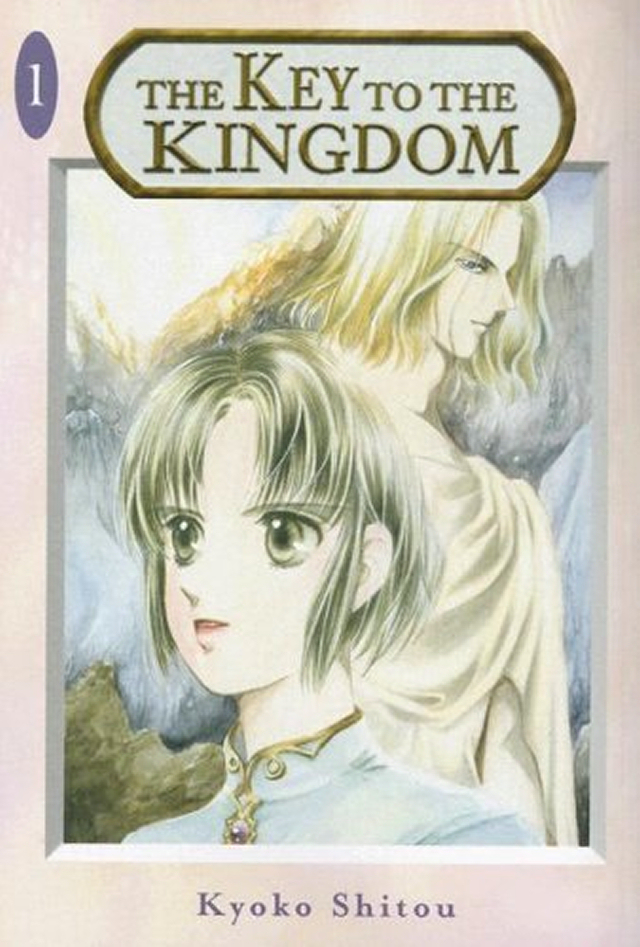

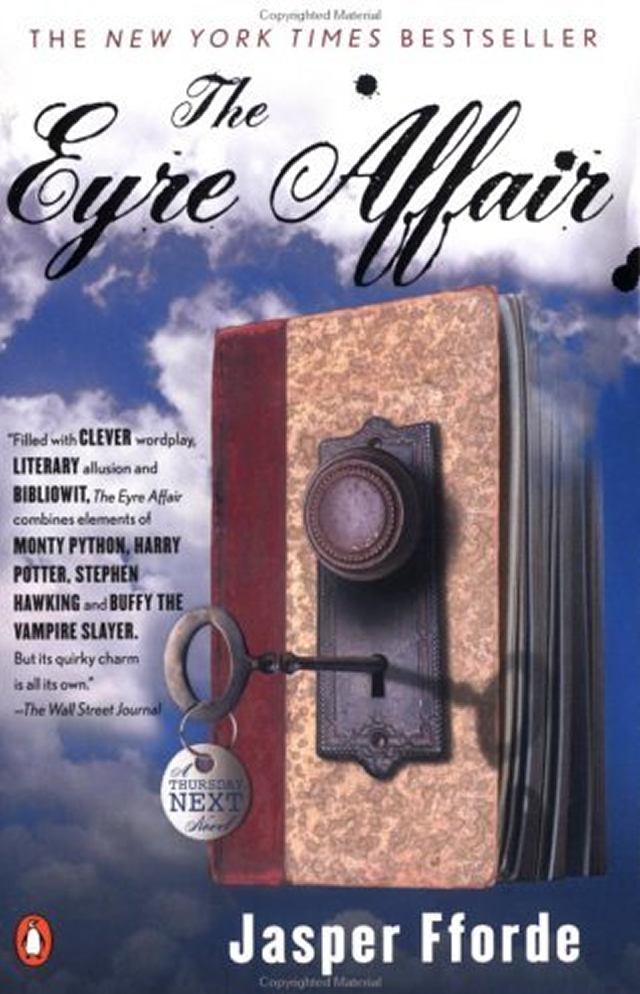
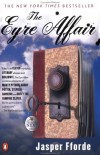 The Plot
The Plot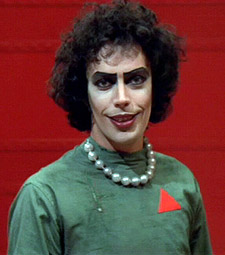


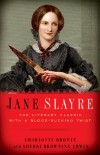
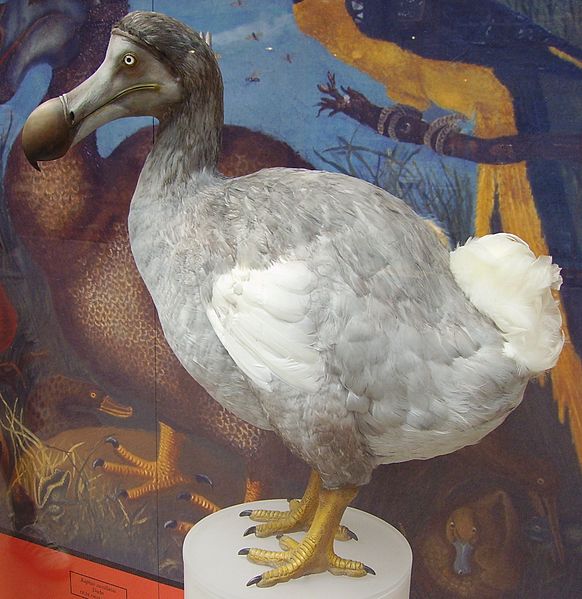
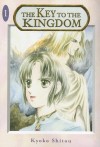 The Plot
The Plot